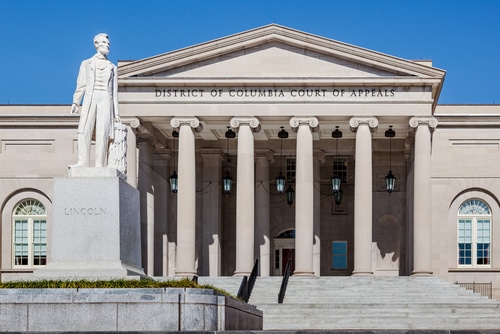Appeal Bond
Court & Fiduciary
Price: Depends on application
- An appeal bond is a guarantee that a person will pay for the appeal process if the state is required to do so.
To purchase your South Carolina Appeal Bond simply click on the "Buy Now" button. You will then be guided through a brief set of questions. After which you'll pay online and sign using DocuSign. Your new surety bond will be signed and sealed as a full-color PDF document for printing.
Securing a South Carolina Appeal Bond surety bond is a commitment by principals to adhere to the stipulations of contractual and legal obligations.
Note: If the bond requires underwriting, it may take up to 24 hours.




